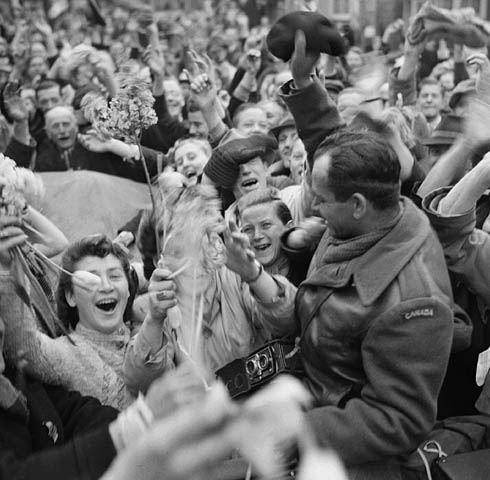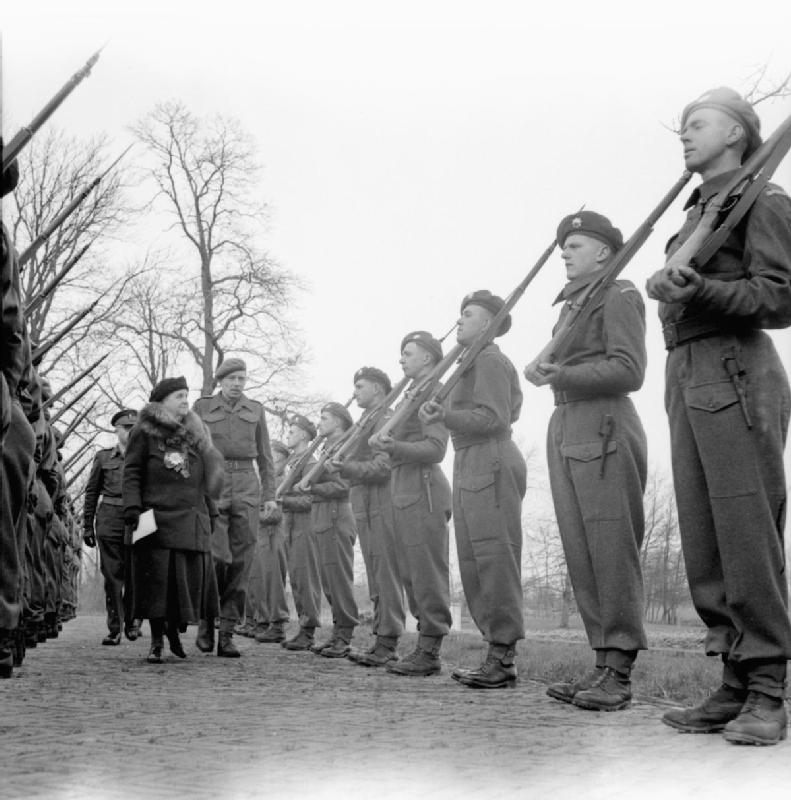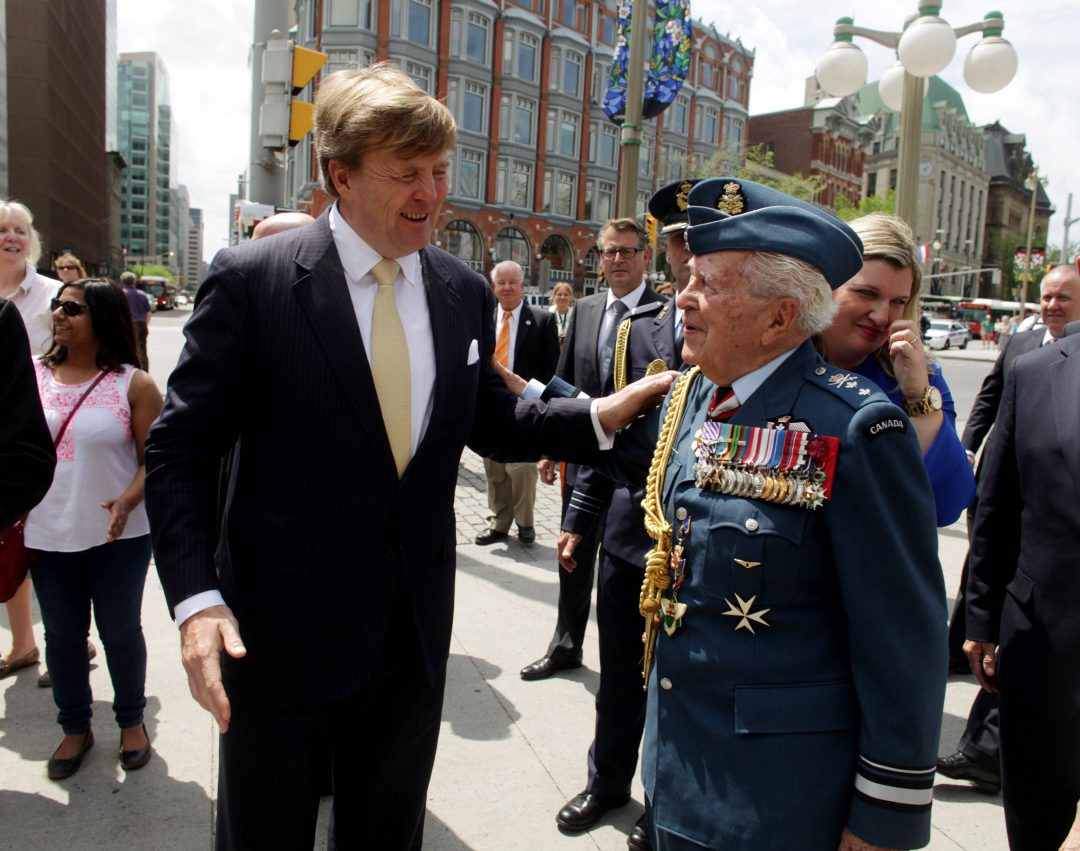Thousands of people took to the streets in cities across the Netherlands Thursday for a unique event that’s equal parts commemoration and celebration.

Known as “Liberation Day,” the event held each year in the Netherlands honours the anniversary of the country’s liberation from Nazi Germany in the closing days of the Second World War.
That campaign to liberate the Netherlands was fought primarily by Canadian soldiers, and is part of the special relationship between Canada and the Netherlands that persists to this day.
“Happy Liberation Day to the Netherlands! Canada is proud to have helped free the country from occupation in 1945!” the Government of Canada tweeted out Thursday morning.
Dutchnews.nl reports that that Liberation Day events were held in 14 different Dutch cities Thursday. The festivities were kicked off at midnight, when the “Liberation flame” was lit by Prime Minister Mark Rutte before runners were dispatched to light similar flames at “Liberation Day” events across the country.
READ MORE: Winnipeg veterans from World War II receive honours from Chinese government
By midday, thousands of people had taken to the streets in cities across Holland for parades, street parties, and even an outdoor music festival – so much so that officials in the Dutch city of Rotterdam were warning revelers that the designated celebration zones in the city’s downtown had already reached capacity.
Photos posted to social media showed the streets teeming with people adorned in Dutch flag colours taking full advantage of the national holiday – and wonderful weather.
And there’s great reason for celebration: On this day 71 years ago Canadian General Charles Foulkes met with German General Johannes Blaskowitz at the Hotel de Wereld in Wageningen, Holland, where he accepted the surrender of all German forces in the Netherlands.
It was the end of a long and bloody campaign for the Canadian First Army – but just another chapter in the close relationship between Canada and Holland that had developed during the Second World War.
When the Netherlands was first occupied by German forces in May of 1940, Queen Wilhelmina and the Dutch Royal Family sought refuge in Canada.
When Princess Juliana gave birth to her daughter Princess Margriet on January 19, 1943, the hospital room in which she was born was temporarily declared extraterritorial by the Canadian government, so that Margriet would be born a Dutch citizen.
She remains the only European member of a royal family ever born on North American soil.
The campaign to liberate Holland began in September of 1944, after the D-Day landings and campaign to liberate France. The task fell primarily to the men of the First Canadian Army, the largest combat formation ever commanded by a Canadian officer. Along with Polish, British, and Free Dutch forces, Canadian soldiers faced the daunting task of an overland assault across difficult, flooded terrain against an entrenched enemy.

By the time the campaign had ended some seven months later, the Canadian First Army had suffered 13,000 casualties, including nearly 8,000 Canadians. The Groesbeek Canadian War Cemetery near the Dutch city of Nijmegen alone holds the graves of nearly 2.500 Canadian soldiers, tended to carefully by hundreds of Dutch children each year.
Upon the liberation of her country, Princess Juliana presented a gift of 100,000 tulip bulbs as a thank you to Canada, starting a tradition that continues to this day – there’s even a weeklong “tulip festival” held in Ottawa each year to mark their arrival.
“As a fighter-reconnaissance pilot Veteran of the Battle for the Liberation of the Netherlands, I had first-hand exposure both to the deprivation forced upon the Dutch people by their Nazi conquerors and to the enormous casualties endured by Canadian forces in the bloody struggle to defeat the German military,” Major-General Richard Rohmer, a WWII veteran, once remarked. “Their surrender to Canadian Lieutenant-General Charles Foulkes, at Wageningen, on May 5, 1945, helped to finally end the war in Europe.”




Comments